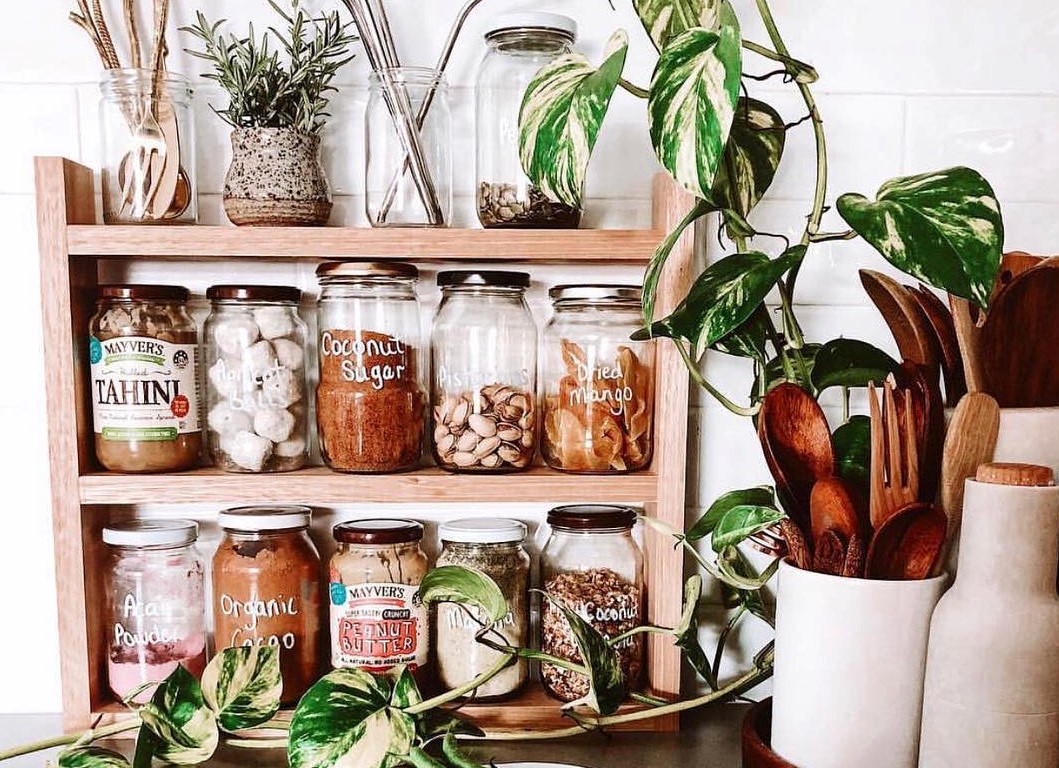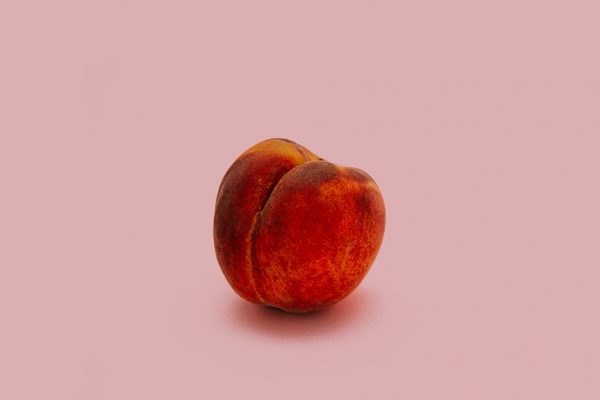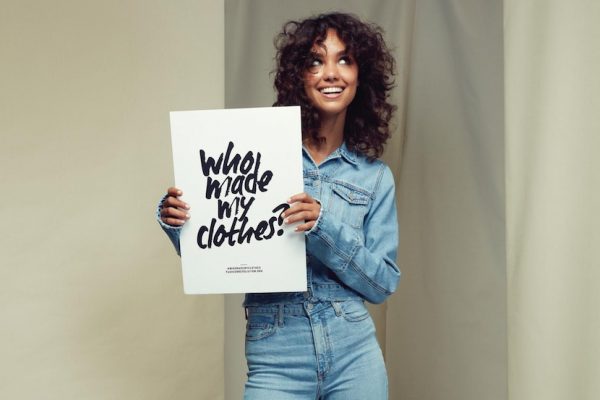To completely eliminate plastic use in your life does require a little research and day-to-day planning. But, when it comes down to it, reducing your plastic use is actually really easy. A lot of it involves just making different choices.
Plastic Free July is an initiative that started in Perth in 2011. The purpose of the challenge was to raise awareness of how much plastic we use in our daily lives and to encourage people to eliminate single-use plastic for just one month each year.
If you keep saying you want to do more, this is a great place to start, and you have the support of the many people around Australia also doing the challenge. Document your changes online to hold yourself accountable and share your wins.
This week, we talk about how you can reduce plastic in your home.

1. Avoid using cling wrap
There are so many ways you can store food without using cling wrap. Instead, use reusable containers, food wraps or covers to store or wrap leftovers. Here are my favourites.
2. Use reusable cloths or rags for cleaning
It’s time to ditch disposable wipes or paper towels. It’s so wasteful! Use washable cloths or rags made from old clothes or towels.
3. Switch to wood, stainless steel or silicone cooking utensils
Plastic might be cheaper but we all know how wonderful plastic is for the environment so switch to stainless steel and wooden kitchen utensils instead. They also last longer, so in the long term, you’re saving money.
4. Swap plastic scouring pads and cleaning brushes with metal or wood alternatives
Scrubbing brushes, scourers, and shower brushes all have wooden alternatives, many with replaceable heads.
5. Replace your plastic brushes with wood or bamboo ones
This applies not only to hairbrushes but toothbrushes, too. At the end of their lifetime, you just remove the bristles (usually plastic, though some are made from plant-based materials) and recycle or compost the handle.
6. Invest in metal safety razors with refillable blades
Like our grandparents, invest in a razor you use over a lifetime and just refill the blade. When getting rid of the blades, ask your local council how they dispose of metal – you don’t want someone to accidentally hurt themselves while handling your rubbish.
7. Invest in reusable sanitary products
If you’re not ready to commit to using a menstrual cup, try washable underwear and reusable pads. Start here.
8. Buy food from a zero-waste store
With the zero waste movement growing, there are lot’s of waste free grocer stores popping up all over Australia. They offer recyclable paper bags and jars for purchase o site to carry your food or you simply bring your own bags and jars an only pay for the weight of the food. Here’s a list of bulk food stores around Australia.

